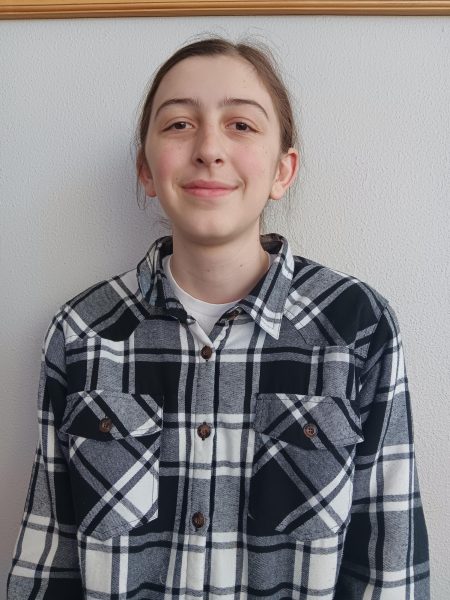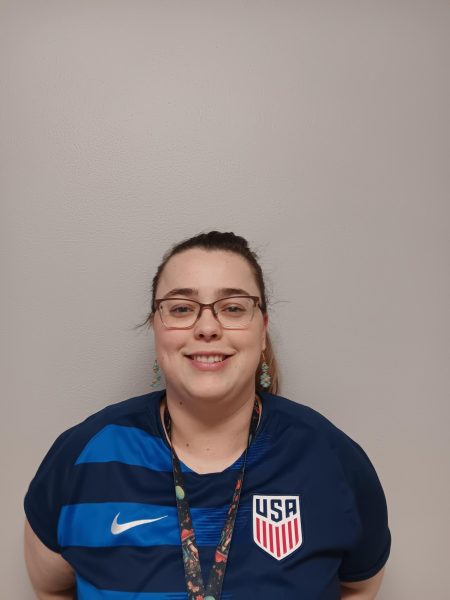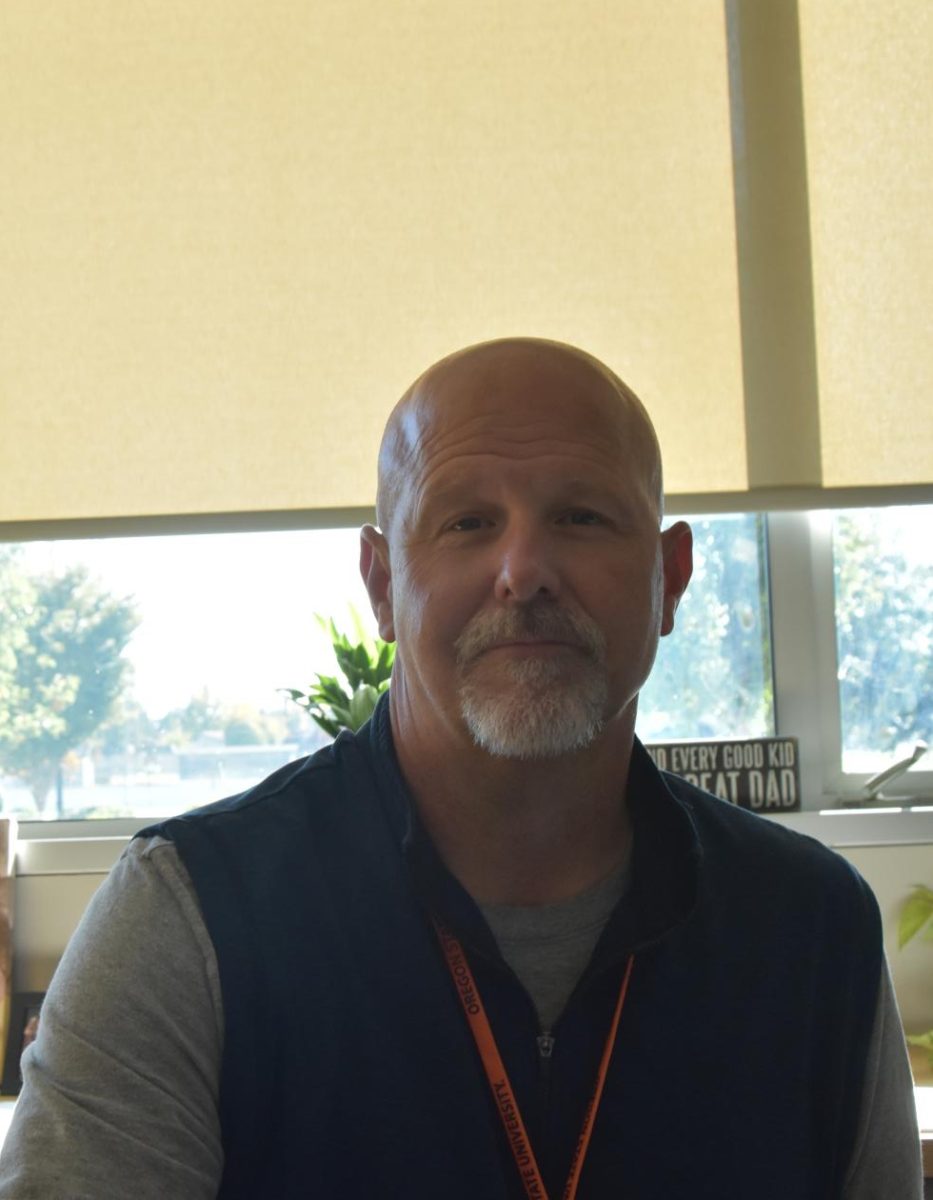Throughout recent years AI, specifically Chat GPT, has begun to seat itself in classrooms and students’ lives. As AI’s role in education has grown, so have the variety of perspectives both students and staff hold. AI’s presentation of timely and concise information is known for its convenience. However, sometimes its technology hits a roadblock on accuracy.

For instance, sophomore Zara Morris examines AI’s merits on both its convenience and accuracy.
“I have used it to write poems a lot. Sometimes I’ll just be messing around with it, but…when it does [generate content], it’s never really accurate,” Morris said.
For instance, after a history lesson, Morris explored how AI would use the Roman Empire in a written context.
“It was using the right terms, and the right information, but it wasn’t using stuff in the right context,” Morris said. This demonstrates the limitations that AI has when it comes to generating content from preexisting facts.
As AI becomes more accessible in classrooms, certain academic habits developed from AI use also shows the impact that AI has had on students. Social studies teacher Jen Winchell shared her own stories about Chat GPT use among students.
[I’ve] seen one essay fully written using Chat GPT – Jean Winchell
Winchell mentions that time management could also be a factor in plagiarism.
“It’s common in schools because students can get overwhelmed and are looking for ways to reduce their homework or how much work they need to spend on things,” she said.
She sees the potential consequences of depending on AI for high academic performance.
“Sometimes, students use it as a shortcut that undercuts their own education, and that directly correlates to how they will learn and function in the world outside of school.”
Similar concerns are expressed by English teacher Blain Willard, who predicts what could happen within society if students venture into AI without any internal motive aside from an easy grade. He expressed concern that society would favor knowing information versus understanding the information which could hold a significant impact on how society interprets knowledge.
We’re going to be a society of people who can access information, who can locate information, but will have no ability to think critically about that information. It’s kind of like having knowledge without wisdom – Blain Willard
Among academic and societal concerns, sophomore Ian Beireis points out a factor to consider when it comes to using AI as a tool. The possibility of unknowingly endangering one’s own personal safety. A person’s personal information, such as their name or password could be at risk of accidentally being shared with another person without their knowledge if they showed it to AI.
“I’ve actually seen this with an assignment before. They’ll like, take a picture of an assignment with their name on it…that’s just infor

mation you don’t need to be giving out because they can like, hallucinate with that…it’s all put into a database,” Beireis said.
In some cases, AI can pose issues to developing critical thinking.
“Most of [the subjects in] school[are there] just to develop our critical thinking,” Morris said.
Sometimes, different stuff you learn isn’t necessarily going to be applied later in life …but [with AI] doing the work for them, you know, they lose kind of a chance to develop that. – Zara Morris
In other cases, it could lead to people taking shortcuts in other areas of their life.
“I feel like when you look for an easy way out to do something, that habit will start to apply to other things. So, [if] you use AI in one class, you might try to use [it for] others and so and so, and you might just try to take the easier way out of life from there and out, not necessarily AI, but with other things too,” Beireis said.
As these concerns are addressed, there among AI’s many faces appears to be another side to it. The twist that if used with good intent, it may help with critical thinking. AI can be akin to having a personal tutor.
“You ask it a question. It provides an answer…and you just engage in a conversation with it, in which you are asking it questions to clarify your thinking, that’s a powerful tool. That’s every single one of us having a personal assistant or a tutor to help explain things to us,” Willard said.
“…I think the ramifications of AI use are yet to be seen, and so I personally don’t use it very frequently,” Winchell said.
With that considered, when used responsibly, AI can demonstrate its growing potential as a useful tool.
I feel like [AI] has a bit of an upper hand there, because a lot of other study tools…are only limited to one thing. Well, it doesn’t necessarily have a limit. It can keep moving on – Ian Beireis
The adaptability of AI can be seen as a valuable ally when it comes to learning new topics. But to what extent? And how can someone know if their AI use is ethical?
Ethics and integrity around AI use are the foundation of Winchell’s policy for its use.The biggest advice she has for students is to take a moment to think about how their teacher would view their AI use.
“I think a very clear boundary is use with teacher knowledge and teachers’ choice in…whatever class or project or activity. I think most students, if they ask themselves, ‘if my teacher was standing here, Would they be okay with me using Generative AI Chat GPT?’ They would be able to tell you, ‘Yes, this teacher is okay with it,’” Winchell said.
As the era of Generative AI is still growing, so will the perspectives of both students and staff as they continue to navigate its complexities and define its role in society.







